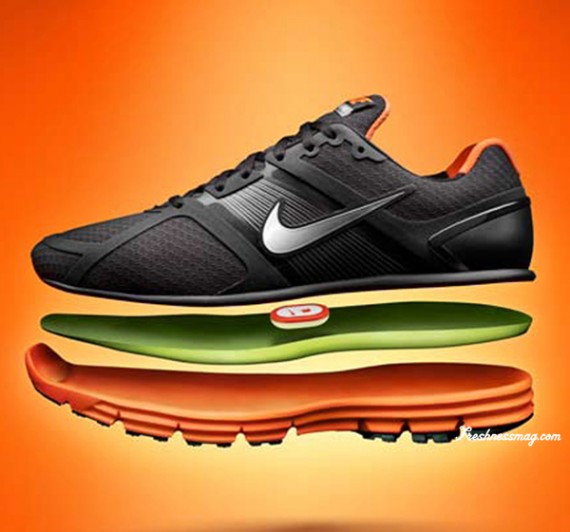Conceptually contradictory
Gerecht EU 21 september, zaak T-512/10 (Nike International tegen OHIM (DYNAMIC SUPPORT)
 Merkenrecht. Gemeenschapsmerk. Absolute weigeringsgrond: DYNAMIC SUPPORT heeft beschrijvend karakter, afgewezen beroep. Conceptuele tegenstrijdigheid in 'dynamic' en 'support'.
Merkenrecht. Gemeenschapsmerk. Absolute weigeringsgrond: DYNAMIC SUPPORT heeft beschrijvend karakter, afgewezen beroep. Conceptuele tegenstrijdigheid in 'dynamic' en 'support'.
Gemeenschapsmerk – Vernietiging van beslissing R 640/20104 van de vierde kamer van beroep van het Bureau voor harmonisatie binnen de interne markt (BHIM) van 25 augustus 2010, waarbij is verworpen het beroep tegen de beslissing van de onderzoeker houdende weigering van inschrijving van het woordmerk „DYNAMIC SUPPORT”, voor waren van klasse 25
25 As the Board of Appeal found, the expression ‘dynamic support’ is comprised of the terms ‘dynamic’ and ‘support’, themselves descriptive, which the applicant does not dispute. It must be noted that the combination of those two elements is not an unusual expression likely to create an impression which is sufficiently far removed from that which results from the mere combination of meanings of those two elements, in accordance with the case-law cited at paragraph 16 above. Indeed, faced with the trade mark applied for in relation to the goods covered by it, the consumer will identify immediately and without further thought the expression ‘dynamic support’ as describing the characteristics of the footwear. Furthermore, it is noteworthy, in this respect, that to offer dynamic and adapted support during any sporting activities is one of the essential characteristics of sports footwear, which is part of the category of goods covered by the trade mark applied for.
26 Moreover, the applicant's arguments that the terms comprising the trade mark applied for are conceptually contradictory are without foundation. It is evident that support can be dynamic and adapted as is the case with footwear which, as support for the feet of the runner, adapts in a dynamic manner to running conditions.
27 Furthermore, in relation to the arguments of the applicant that the term ‘dynamic’ may be understood many ways, particularly when it refers to footwear, it should be borne in mind that the fact that the trade mark applied for can have several meanings does not prevent the application of the absolute ground for refusal provided for in Article 7(1)(c) of Regulation No 207/2009. According to settled case-law, a word sign must be refused registration under that provision if at least one of its possible meanings designates a characteristic of the goods or services concerned (OHIM v Wrigley, paragraph 32, and judgment of 9 March 2010 in Case T‑15/09 Euro-Information v OHIM (EURO AUTOMATIC CASH), not published in the ECR, paragraph 39).
28 Therefore the Board of Appeal was fully entitled to find that the trade mark applied for was descriptive for footwear.






















































































